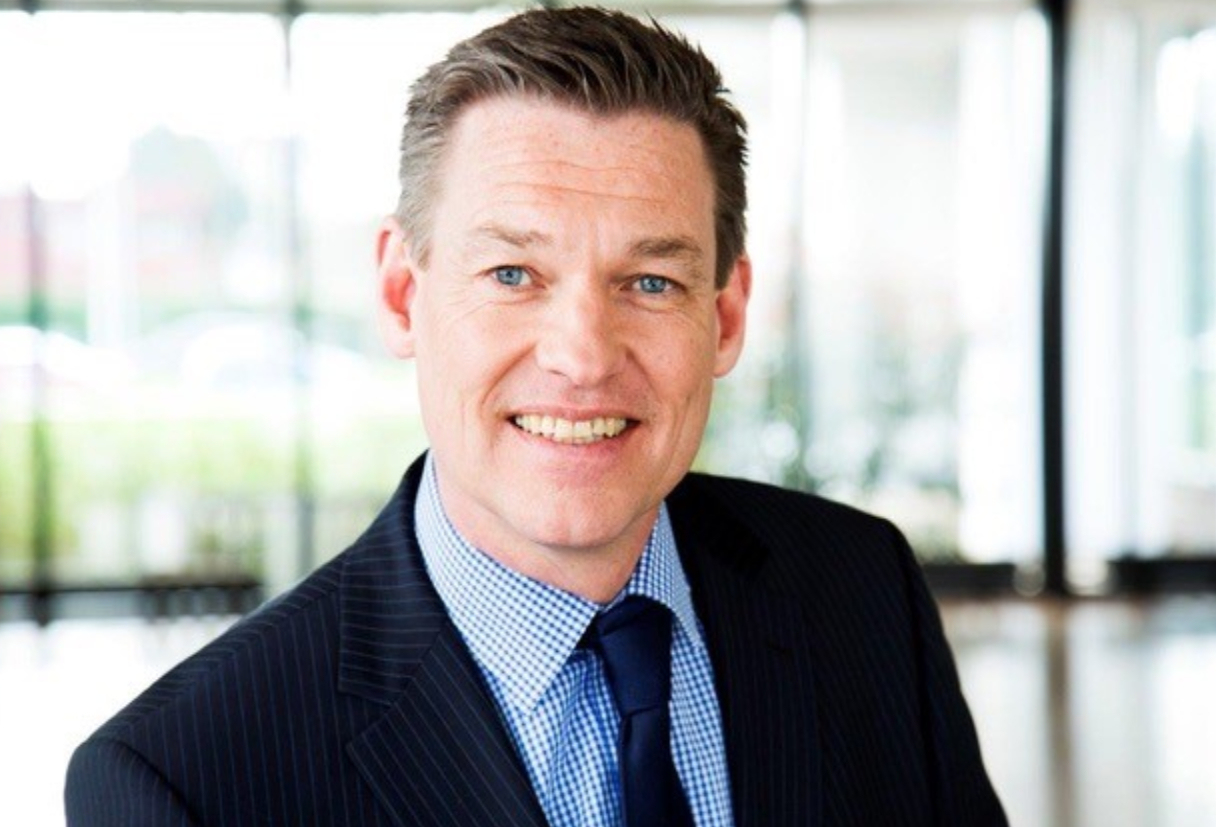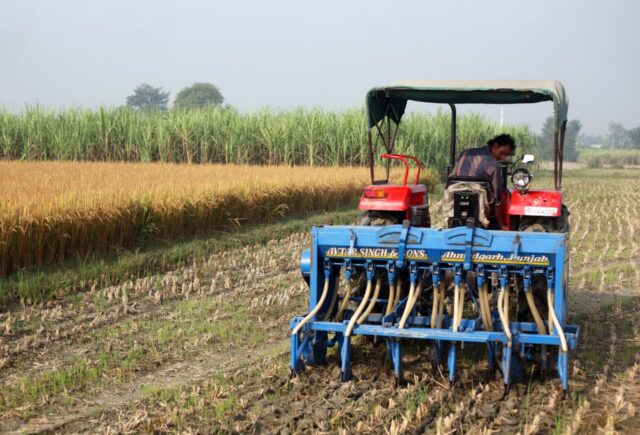In February PNO Media gave Achmea Investment Management a €150m mandate to invest in impact funds. Mario Hooghiemstra, investment manager ESG tells Impact Investor about the Dutch pension fund’s goals and aspirations for impact.

Pensioenfonds PNO Media is a Dutch multi-sector pension scheme for the media, IT, entertainment, and creative sectors with €7.9bn under management, placing it among the top 30 largest pension funds in the Netherlands. It has more than 500 employers and 65,000 participants and pension beneficiaries.

Maha Khan Phillips (MKP): How does PNO Media think about impact investing within its portfolio, and how are you positioned?
Mario Hooghiemstra (MH): In 2022 PNO Media conducted a survey among our participants to ask them about their sustainability preferences. The majority of the participants were in favour of an ambitious sustainability policy and would like us to put extra effort on our pillar ‘doing good’, one of the three pillars of our responsible investment policy. Our board decided to follow-up on this by allocating at least 3% of the total investments to impact strategies. This led to a 2% allocation to a dedicated corporate green bond portfolio, which we increased to 3% this year, and a 2% allocation to a private securities impact strategy.
MKP: You recently gave Achmea Investment Management a €150m mandate to invest in impact funds. How does this mandate align with your broader strategy and future plans?
MH: The mandate is a direct result from the preferences of our participants and our board. It is part of our investment strategy and our responsible investment strategy. Responsible investment is not only about having a sustainable portfolio but also about how your portfolio can contribute to a more sustainable world (with an eye on the risk/return objectives of our pension fund). We are currently implementing the private asset mandate with Achmea and depending on the results we might look to grow the mandate in the future.
Responsible investment is not only about having a sustainable portfolio but also about how your portfolio can contribute to a more sustainable world .
MKP: The mandate is focused on the themes of climate change and biodiversity. Are these your primary areas of focus in impact investing? What sectors or opportunities are you specifically interested in?
MH: In the survey of 2022, our participants indicated that Climate Change (SDGs 7, 13) and Biodiversity (SDGs 12,14 and 15) are their focus themes. With this in mind we first implemented a corporate green bond strategy. We have instructed Achmea as our manager for the private impact mandate to invest half of the mandate in climate solutions and half in solutions that contribute to biodiversity. These are soft targets but emphasise our wish to contribute to biodiversity, cognisant of the fact that finding solutions for biodiversity might be more of a challenge.
We have instructed Achmea as our manager for the private impact mandate to invest half of the mandate in climate solutions and half in solutions that contribute to biodiversity.
MKP: Are there certain asset classes that you would like to focus on?
MH: The impact mandate looks to invest in these themes through asset categories like infrastructure, private equity, private debt, farmland and timber.
MKP: What are some of the challenges that you, or pension funds in general face when thinking about scaling up impact allocations?
MH: Given our size it would not be a problem to scale up the liquid green bond corporate portfolio. The challenge in scaling up the private impact portfolio is partly the same as scaling up non-impact private allocations. Availability of good investment opportunities, long time between commitment and investment etc. An additional challenge for our impact mandate will be finding good investment opportunities that are in line with our focus themes. Biodiversity solutions investments is a young and upcoming category. Biodiversity is a popular and important theme and the demand for investment opportunities is increasing.
The challenge in scaling up the private impact portfolio is partly the same as scaling up non-impact private allocations.
MKP: You plan to transition to the new Dutch pension system in 2027. What might this mean for your impact portfolio?
MH: Our impact portfolio is part of our allocation to illiquid assets. In the run up to the transition the allocation to illiquid assets will adjust this, when necessary, in a way that we are well within our limit of illiquid assets allocation. In the new pension fund system, there is still ample room for allocation to illiquid assets. We expect this not to affect our allocation to impact assets.





